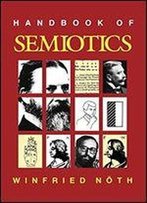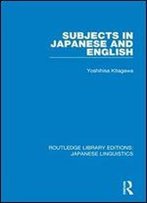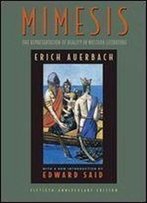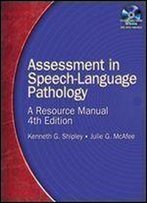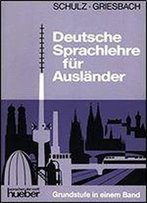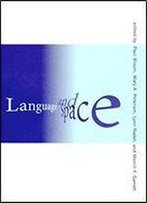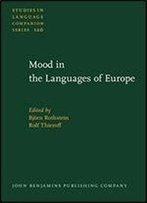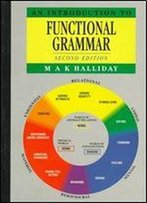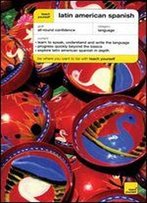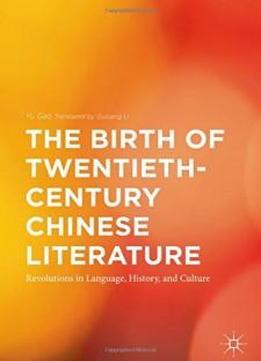
The Birth Of Twentieth-century Chinese Literature: Revolutions In Language, History, And Culture
by Yu Gao /
2017 / English / PDF
1.4 MB Download
This study makes a linguistic case for the twentieth century
revolution in Chinese language and literature. It offers a
history of reform and change in the Chinese language throughout
the country’s history, and focuses on the concept of ‘baihua’, a
language reform movement championed by Hu Shi and other scholars
which laid the foundation for the May fourth New Literature
Movement, the larger New Culture Movement and which now defines
modern Chinese. Examining the differences between classical and
modern Chinese language systems alongside an investigation into
the relevance and impact of translation in this language
revolution - notably addressing the pivotal role of May Fourth
leader Lu Xun - this book provides a rare insight into the
evolution of the Chinese language and those who championed its
development.
This study makes a linguistic case for the twentieth century
revolution in Chinese language and literature. It offers a
history of reform and change in the Chinese language throughout
the country’s history, and focuses on the concept of ‘baihua’, a
language reform movement championed by Hu Shi and other scholars
which laid the foundation for the May fourth New Literature
Movement, the larger New Culture Movement and which now defines
modern Chinese. Examining the differences between classical and
modern Chinese language systems alongside an investigation into
the relevance and impact of translation in this language
revolution - notably addressing the pivotal role of May Fourth
leader Lu Xun - this book provides a rare insight into the
evolution of the Chinese language and those who championed its
development.
